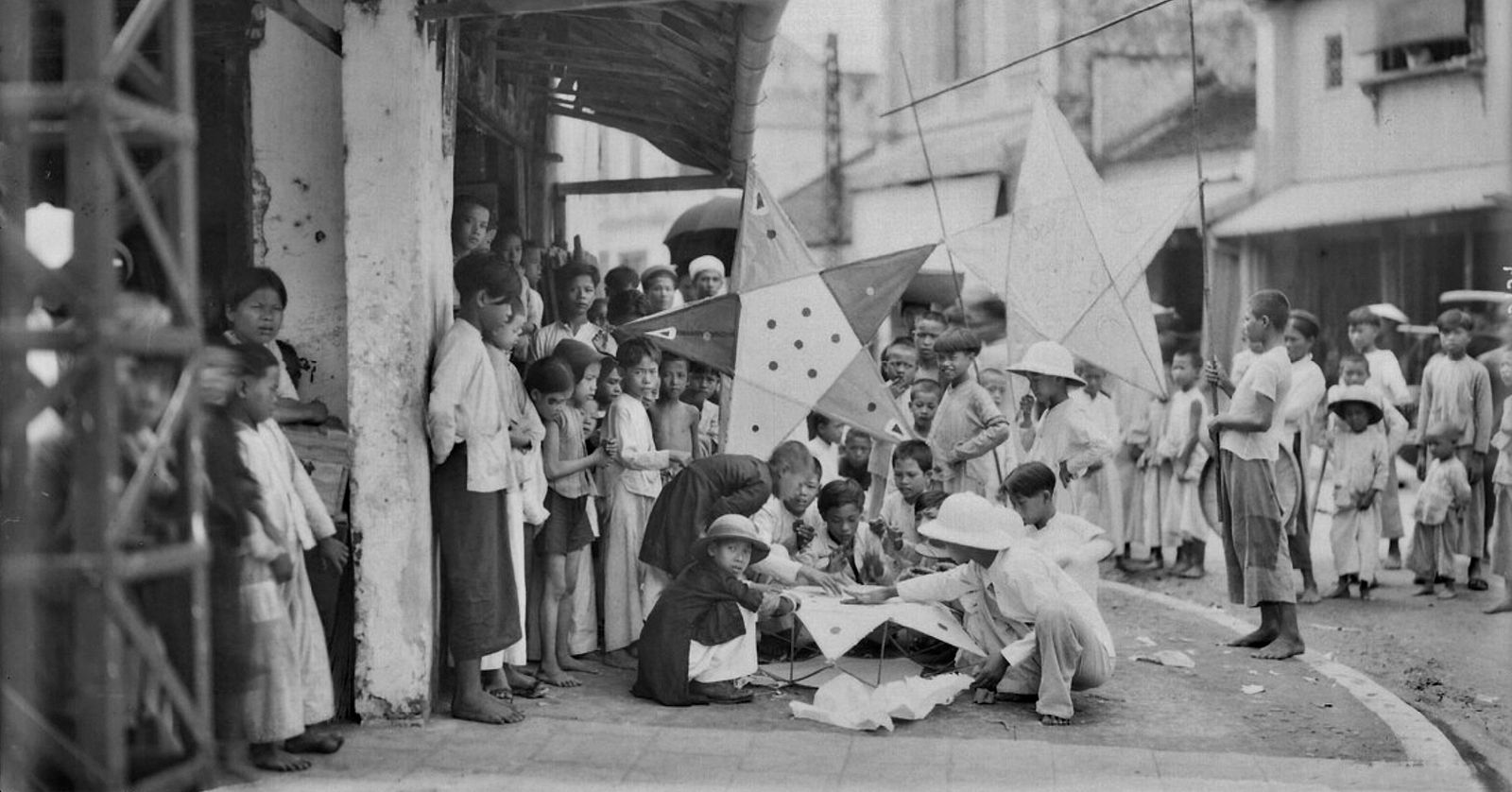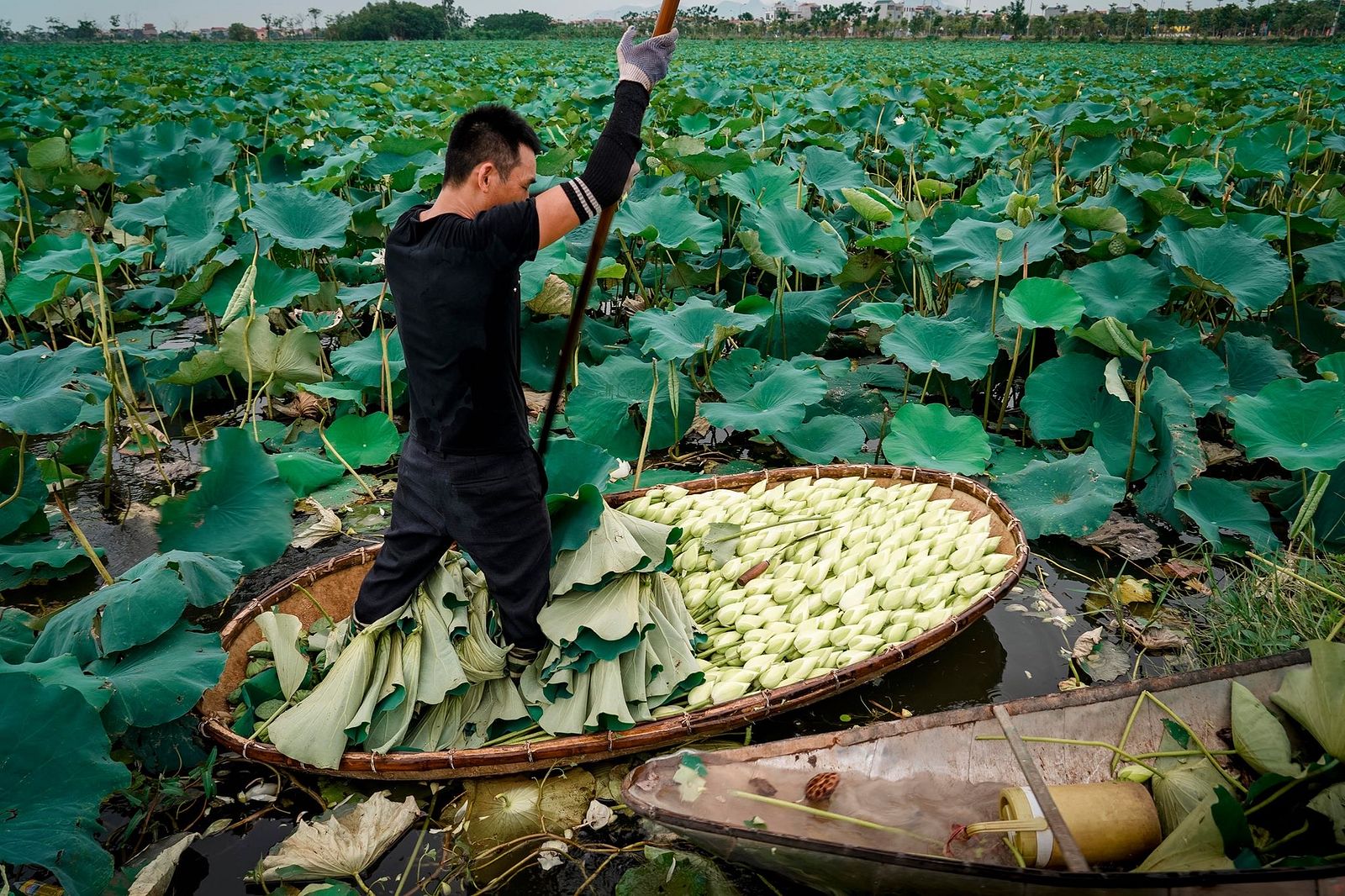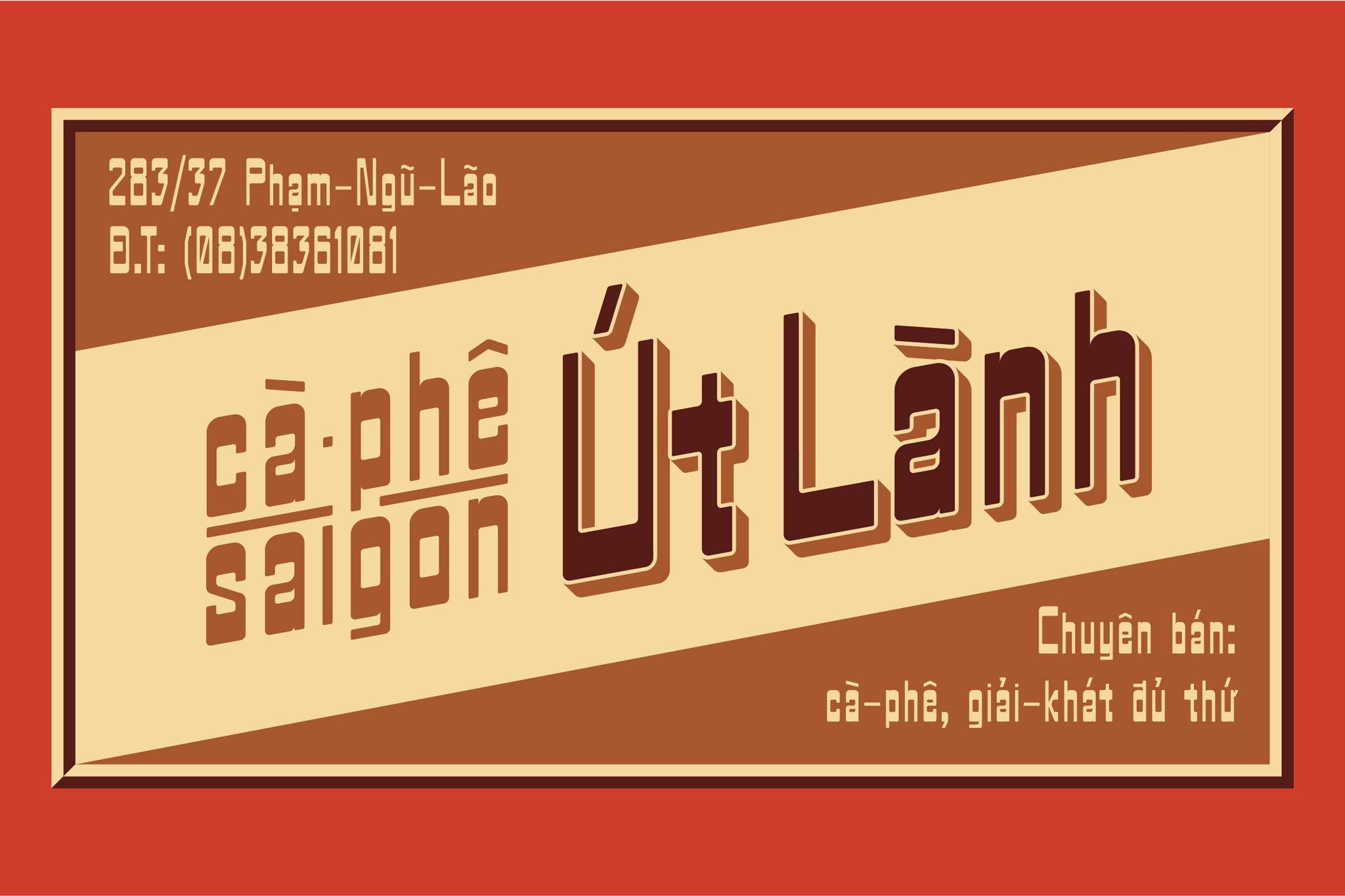There’s little doubt that superstition is still deeply rooted in Vietnamese culture. These silvery threads of mysticism are woven into a plethora of aspects of locals’ daily lives, ranging from rather innocuous do’s and don’ts regarding food to serious rules one should follow when selecting a wedding date.
As the country transitions towards a more modern society, younger generations might not give too much thought to superstitions in daily interactions; however, when it comes to serious life events like pregnancies, weddings, and even when to start a business, many still strictly follow the age-old advice.
If you take a stroll around Saigon during the first few days of Tet, you might notice that a handful of businesses have already emerged from their week-long holiday slumber. But do you know that traditions dictate that in order to have a prosperous business year, owners are strongly discouraged from commencing their operations on the third or seventh day after Tet?
According to rules of feng shui, every lunar month contains “dangerous” days for beginning a business or embarking on new endeavors; they include the 3rd, 7th, 13th, 18th, 22nd, and 27th. Ancient mythology says that should you jump into a new pursuit on these dates, your effort will be “corrupted” by bad luck and eventually fail.
In Vietnam’s folklore, these inauspicious dates are called ngày tam nương, which can be loosely translated into “days of the three damsels.” The story behind the name can be traced back to a rather misogynistic version of ancient Chinese history. The three damsels refer to Mo Xi (Muội Hỷ), Daji (Đát Kỷ), and Bao Si (Bao Tự), three gorgeous femmes fatales in Chinese history/mythology who played a crucial part in the destruction of their respective dynasties: Xia, Shang, and Zhou.
Mo Xi was the concubine of the last emperor of the Xia dynasty, Jie. Legends said that she was a beauty who lacked morals. However, Jie adored her and often spent his days drinking with her and entertaining her, neglecting his reign.
Daji, on the other hand, was rumored to be a demon fox spirit who possessed the body of an exquisite lady and charmed King Zhou of Shang. Zhou was also the last monarch of his dynasty, go figure. Mo Xi’s alcoholism seemed like child’s play in comparison with Daji’s sadistic traits. On various occasions, she demanded the mutilations of peasants’ body to satisfy her curiosity about human anatomy.
Bao Si was the much-adored concubine, and then queen, of King You of the Zhou Dynasty. Si wasn’t born to a normal family: according to ancient history, her mother became pregnant with her while still a virgin after a black lizard walked across her path when she was seven. Si entered You’s court as a consort and gave birth to Prince Bofu. Enamored by her, the king made her the queen and deposed the previous Queen Shen and her son, Prince Yijiu.
Unlike Mo Xi and Daji, Bao Si wasn’t knee-deep in debauchery or sadism but was instead a joyless emo kid. The emperor used to offer heaps of gold to anyone who could make her laugh. The kingdom resorted to all manners of shenanigans to entertain her, including firing up military beacons, which apparently did the trick.
These beacons, however, were only reserved in case of emergencies to summon armies from nearby vassal states to assist the kingdom. The king, in a bid to amuse sad little Bao Si, abused the beacons and lost the trust of state leaders.
Enraged that his daughter was disgraced by You, Queen Shen’s father ordered an attack on the royal palace. Without the support from vassal states due to the constant abuse of the military beacons, King You lost and was killed.
One should read these accounts with a heavy dose of skepticism, of course, due to their generous sprinkling of fictional elements; but, they reflect the zeitgeist of the ancient Chinese society back then, and in association, our Vietnamese ancestors: the women were always to blame while the men were helpless in the power of the seductresses.
Ancient myths also theorized that the three damsels weren’t human, but goddesses sent by the King of Heaven down to Earth to test the virtues of mankind on the specific dates as listed above. Spoiler alert: we failed rather spectacularly. Thus, our forefathers warned that, in order to avoid being tempted by God’s seductresses, humans – especially males – shouldn’t start new adventures on those dates.
[Top photo via Viet Travel]















